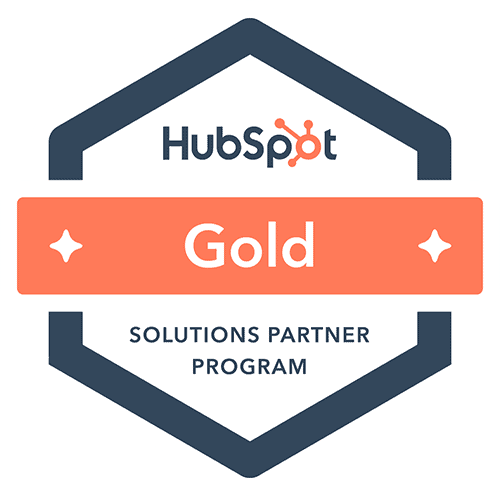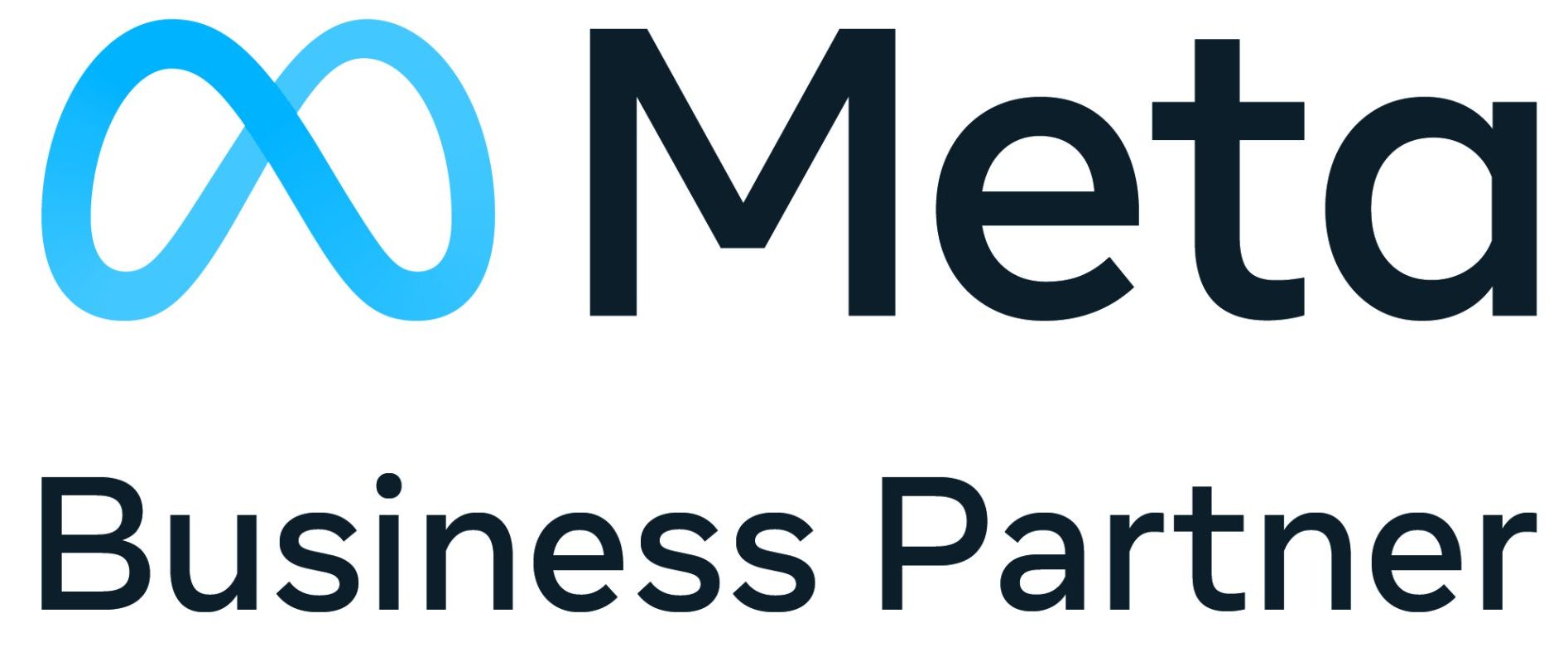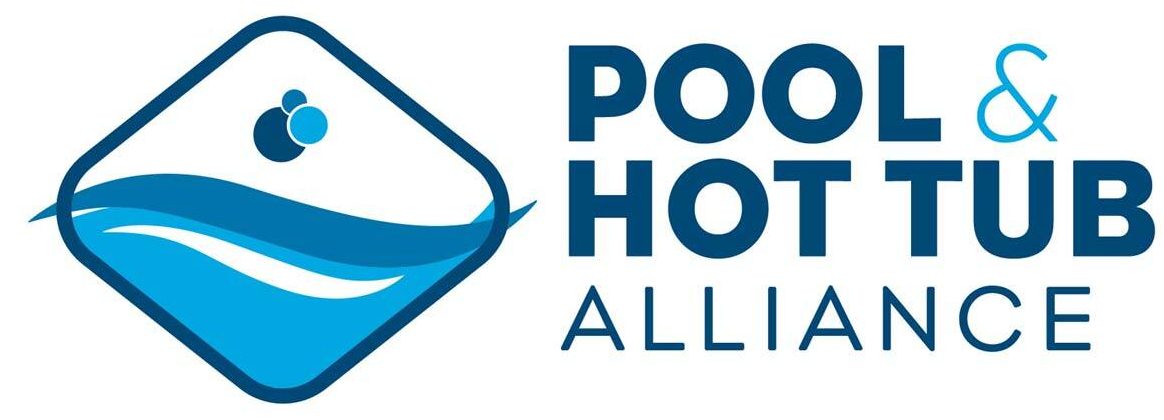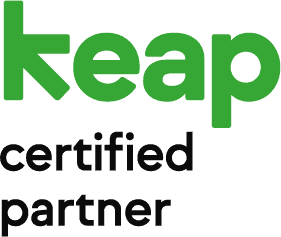
Keyword targeting is a different sport for everyone. Some people are more competitive when it comes to keywords. They know just which keywords they want to hit, and are determined to improve their scoring on the search engine scoreboard. Others aren’t the athletic type, skeptically poking their toe at keywords, asking if they really have to compete? Isn’t building a website with a bit of content enough?
No, frankly, it’s not. While it’s better than no content at all, a website that isn’t SEO optimized for keywords really isn’t doing you much good. Utilize your website content to the best of your advantage with keyword targeting.
Determine Your Target – Which Keywords Should You Target, Anyway?
The first step of keyword targeting is to figure out which keywords you should even aim for. This usually requires some in-depth keyword research. Thankfully, there are amazing tools developed that make keyword research much easier.
The Get Smart Group has recently begun leaning more on SEMRush, and what a powerful tool it is! It’s incredibly smart and gives an in-depth insight into what keywords your site is ranking for and which ones you should be targeting based on your competitors’ rankings. I’ve only played with it a little bit, but wow, it has made the chore of determining and tracking keywords actually fun!
Take Aim – Where Should You Target Keywords in Content?
While adding your selected keywords anywhere on your website is beneficial, there are a couple of areas you should definitely target first. In my experience, I’ve seen SEO rankings improve by targeting these areas on your website:
Website Headings
Add your keywords to your headings and subheadings! Especially your H1, H2, and H3 tags. This will make your website EONS easier for search engines to find. Why? Because it lets search engines and people surfing the web know what the topic of the web page is, making your website stand out from the millions of others.
For blogs, I like to either state a common problem or ask a common question in my H1 tag, then provide the solutions in the subheadings. For example:
- H1: How Do I Maintain My Hot Tub’s Water?
- H2: Step 1 – Test Your Hot Tub Water
- H2: Step 2 – Get the Chemicals You Need
- H2: Need Help? We Can Maintain Hot Tub Water!
That way, when a potential hot tub owner asks a search engine the question of maintaining hot tub water, your website will pop up with the solution!
Body of Web Page
I’m a creative writing major, and I can’t tell you the number of essays I had to write in college. I don’t want to think about it. Regardless, I learned something super valuable about SEO writing from all those essays: you have to support your thesis in the body of your paper. The same applies to targeting keywords on your website. Be sure to sprinkle your keywords throughout the body text of your web pages, and it doesn’t have to be as much as you think.
There is such a thing as keyword stuffing, and so you do NOT want to be too repetitive with your keywords! Keyword stuffing tells search engines that the website is spam. Spam is good with eggs, not SEO.
To truly get the best SEO results, every web page should have about 300 words minimum. Within those words, your targeted keyword for that page should be used at least two times. That’s it. So I recommend sticking to the 300:2 ratio as much as possible.
With that said, the more text you have, the more you get to use your keywords. Having longform blogs on your website, with those targeted headings I mentioned above, will give your website a nice SEO boost! Longform blogs are at least 1,000 words, but those with 2,000 and up rank especially well.
Meta Descriptions
Another area to target keywords are your meta descriptions. I’ve found that these are a super underutilized tool on many of my clients’ websites, mainly because they’re a bit hard to find. However, it is vital to use meta descriptions on your website. When paired with headings and body text, meta descriptions give search engines the full picture of what information is available on your website.
A meta description is the preview text you see in your search results:

It gives a more complete answer to someone’s inquiry, leading them to click on the website with the best answer.
We use a Yoast plugin on our client’s websites to help determine if websites are SEO optimized. I, personally, love Yoast! It makes optimization super simple, with easy-to-follow instructions on how to improve the content. It includes a meta description section, too!
Using a red-light-green-light approach, it will let you know whether your meta description is good or, well, not. It will let you know if it’s too long or too short, and whether or not you used the keyword you’re targeting! It’s made writing meta descriptions a breeze for me. When it comes to improving SEO on your website, the Yoast plugin is a worthwhile investment, especially for meta descriptions.
Let ’Em Fly – Hit Your SEO Bullseye with Keyword Targeting
With these tips, you’ll hit your keyword targeting bullseye – every time. Ready to get that website of yours SEO optimized? Need a new website, period? Reach out to The Get Smart Group for a free consultation and you’ll have a whole team of champion marketing archers ready to take aim and your pool or spa business website an SEO winner.









